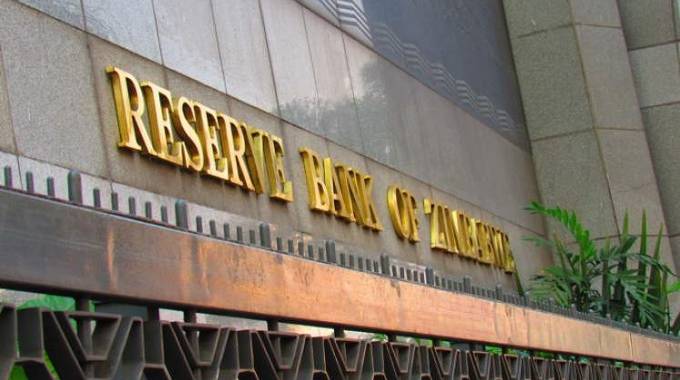Editorial Comment: Third auction consolidates gains

The third weekly foreign currency auction consolidated the progress made in the first two, and with a movement of just 3.2 percent in the weighted average showed that stability is now entering the foreign exchange market.
The main advantage of the auction system is that it automatically uses market forces.
Importers try and calculate how much they need to pay to buy the US dollars on offer and then make their bids.
If they underbid, they miss the cut; others who bid more grab the currency on offer. On Tuesday this week those who bid below $55 for a US dollar found this out the hard way. There were no US dollars left once those who bid at least $55 had been allocated their currency.
But, at the top end of the bids, there are obviously still some who believe in their heart of hearts that the black market was an efficient and “real” market, despite the different modalities, despite the different desires of those who buy and sell in that market, and despite the speculative pressures that still dominate that market.
So the top bidder on Tuesday paid $90 for every US dollar allocated; that was $24.20 more than the average and $35 more than the first prize winner in the auction. Considering the weighted averages from the first two auctions, it seems unreasonable to expect a massive collapse in the value of the local currency in the third week.
The sensible, sober bidders, who at last are now in a majority, went for the $60 to $70 range.
They all won their bids, unless they had been eliminated for making duplicate bids, usually because different units in a large concern forgot to co-ordinate their bidding and amalgamate their piles of invoices and requirements. But none of them paid much more than the average and some managed to pay a little less.
The big winner was the bidder who put up $55 and got an allocation. Even one cent less would have seen that bidder go without. But that bidder was perhaps not desperate to pay off the invoice submitted this week, and if the bid had missed the cut would have been prepared to have another go next week at a higher price. Still, there must be bidders who envy the business manager who managed to guess so precisely where the cut off might occur.
Very low bids, like very high bids, are suggestive that there are still those who reckon the system is not perfect and who hanker after Reserve Bank of Zimbabwe manipulation to “manage” the exchange rate.
But the RBZ has now clearly shown that it will not manage the rate nor manipulate the auction. If you bid high you will get, but your customers might complain over the high prices you must now charge to make that high bid viable. If you bid too low you miss out, regardless of how pure your motives.
In both overbidding and underbidding market forces will be the correcting factor. Over bidders will see their competitors, who bid in a more rational way after looking at economic fundamentals, being able to price their products lower and so win market share while still enjoying good profits. Under bidders, chancing their arm, will not be buying their raw materials or vital parts this week, and so will suffer when their customers complain that they are out of stock.
The auction system is new, and many managers have no experience of how to use a real, transparent system to price their foreign currency requirements. Everyone agrees that the 2004 attempt at auctions was doomed from the start by the ham-handed attempts of the then RBZ management to fix fictitious rates in an environment where the RBZ, at the behest of a Government intent on the worst fiscal discipline imaginable, was running its presses flat out.
This time it is different. The RBZ has gone to great lengths to ensure the business world that it is running a proper auction system, first using the international standard software for this sort of transaction and secondly by inviting representatives from the major business organisations to stand there while bids are verified and then matched to the available funds.
There are rules. You have to be a genuine importer to bid in the first place, proving this by producing your invoices from you foreign suppliers.
You cannot bid to fill your nostro account for a rainy day, only to pay your bills.
The Confederation of Zimbabwe Industries (CZI), who represents the majority of bidders, now reckons the system works well.
Obviously businesses want a proper system that works, and works in an ever more predictable fashion. But the confidence is building. The RBZ, and the Government, obviously want the same thing. The pricing spiral cause by tracking the black-market rates caused suffering, but at least it opened the window of opportunity to do what many were urging last year, letting the markets decide what our dollar is worth.
Now businesses are going to have to think hard on pricing policies.
Trends still need to be made clear, but as the majority of bidders discovered on Tuesday, it is now unlikely that there will be large weekly shifts up or down in the value of the dollar, simply because the period is too short for that in a rational open market.
Bigger shifts will take time and will be result of changes in fundamentals, not herd behaviour driven by social media misinformation.
This will be a whole new world for many in business, and will need adjustments. But surely those who have survived the decades of fiscal indiscipline, monetary wishful thinking, speculative manipulation and the like, can now flourish in a normal environment where the real world dominates.










Comments